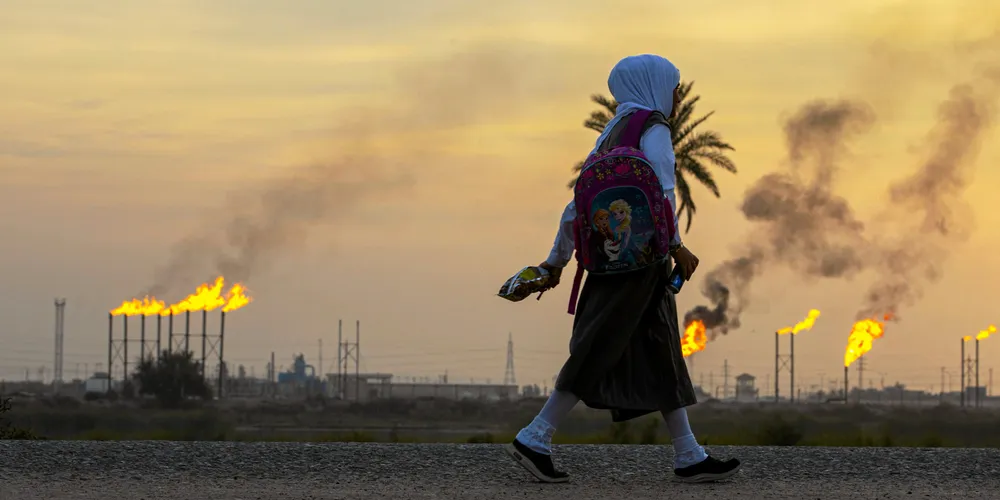Unjust transition? | Poor nations face worst of $75trn GDP hit in 'no pain no gain' green shift: WoodMac
Iraq most exposed to economic downside of push to hit 1.5 degree target, says research group, although long-term rebalancing seen by end of century
